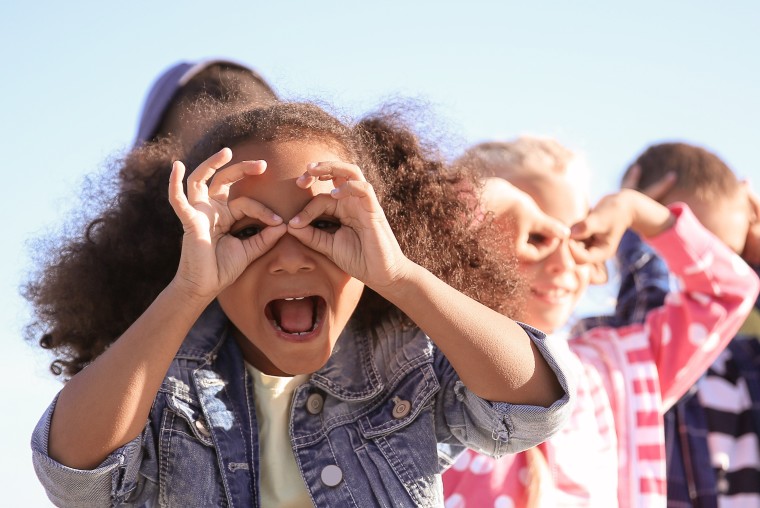All Categories
Featured
Table of Contents

Regular eye evaluations are vital for preserving good vision and finding prospective eye wellness issues early. However, the frequency of these examinations can vary dramatically based on an individual's age, lifestyle, and overall health and wellness. Recognizing the recommended timetable for eye examinations can help guarantee that people of any ages receive appropriate treatment and tracking for their eye health.
Infants and Toddlers (0-2 Years)
For kids and infants, eye examinations are crucial for detecting any potential vision troubles at an early stage. The American Academy of Ophthalmology advises that a child's initial eye examination ought to occur at around 6 months old. Throughout this preliminary browse through, the eye care professional will certainly analyze the child's aesthetic growth and check for any kind of obvious eye concerns.Following this initial test, it is suggested that children have an additional eye test at age three. This visit will certainly concentrate on examining the kid's overall aesthetic function, including eye alignment and the capacity to track objects. If no problems are discovered, the next examination needs to be scheduled before the kid starts school, usually around age five or 6.
School-Aged Youngsters (6-18 Years)
Once kids get to school age, regular eye examinations need to be scheduled every one to two years. Vision is essential for learning and advancement, and numerous schools perform vision screenings. Nevertheless, these screenings do not change a detailed eye examination by an eye care professional.For kids associated with sporting activities or activities requiring significant aesthetic focus, annual eye tests may be advisable. Additionally, if a child shows indicators of vision troubles-- such as difficulty reviewing, scrunching up your eyes, or frequent headaches-- a see to the eye doctor ought to be set up immediately.
Young Person (19-39 Years)
Youthful adults commonly have less vision adjustments than older age groups, however routine eye examinations stay essential. The basic suggestion is to arrange an eye examination every two years throughout this period. People with certain threat variables-- such as a household history of eye condition, diabetes, or those that use contact lenses-- must consider annual eye exams.Additionally, those that spend significant time on digital devices might experience electronic eye stress. If signs such as dry skin, tiredness, or obscured vision take place, it might be a good idea to see an eye treatment expert earlier.
Adults (40-64 Years)
Grownups aged 40 to 64 need to set up eye exams every one to 2 years. Eye tests can additionally aid discover various other typical age-related problems such as glaucoma, cataracts, and macular degeneration.If people in this age team have threat aspects such as high blood pressure or diabetic issues, they may require even more constant exams to check their eye health closely.
Elders (65 Years and Older)
For elders, routine eye examinations become even extra vital. The American Optometric Organization recommends that individuals matured 65 and older have an eye exam at least once a year.Conclusion.
Recognizing the suitable routine for eye exams based upon age is crucial for maintaining optimum eye health throughout life. From babies to senior citizens, normal eye assessments play an important role in spotting problems early and ensuring that vision continues to be sharp. By sticking to these standards and seeking advice from an eye treatment expert, individuals can take proactive actions toward preserving their vision and overall health and wellness. Whether it's a youngster's very first see or an elderly's yearly exam, focusing on eye treatment is an investment in lifelong well-being.Latest Posts
Experience Coastal Style at Deauville Inn
Published Apr 12, 25
1 min read
A Historical Shoreline Location with Modern Delights
Published Apr 09, 25
1 min read
Experience Coastal Elegance at Deauville Inn
Published Apr 03, 25
1 min read